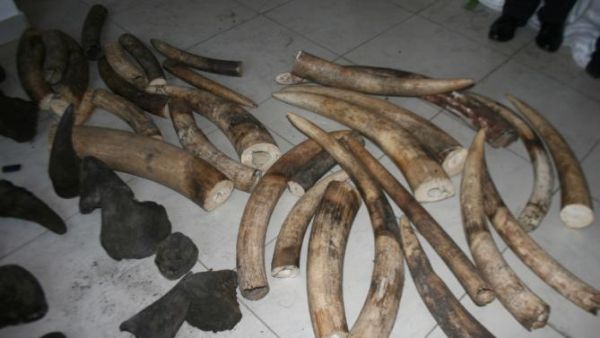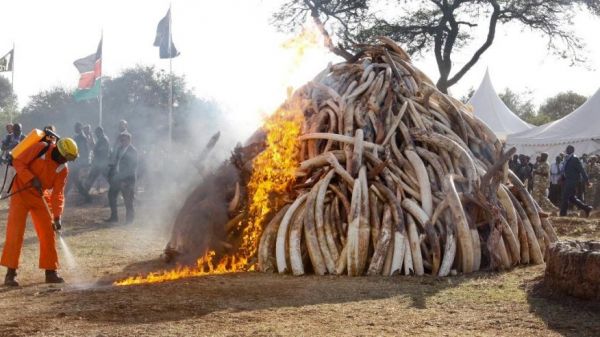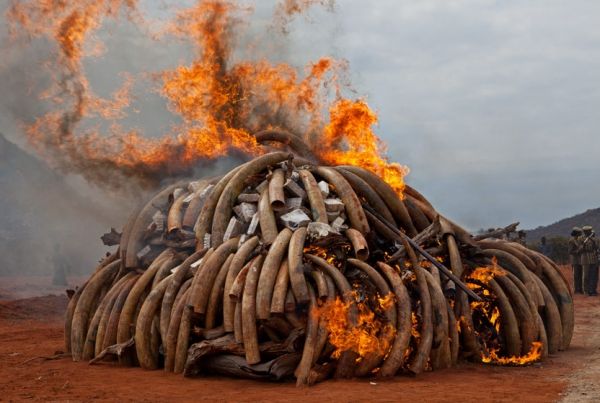Mozambique to destroy confiscated ivory
Maputo steps up fight against poachers
Mozambique is to destroy more than one ton of confiscated ivory as well as 53 rhino horns in Maputo on 6 July, according to the Wildlife Conservation Society (WCS) which co-manages the country's northern Niassa National Reserve.
The destruction of the stockpile is to demonstrate Mozambique's resolve to combat poaching and follows the 12 May seizure of around 340 elephant tusks and 65 rhino horns in the southern city of Matola.
Ten days after the haul, 12 of the rhino horns were stolen from a police depot and replaced with forgeries. Subsequently at least four police officers were arrested along with two employees of the country's land, environmental and rural development agency and the two fakers of the rhino horns.
Mozambique's decision to incinerate its confiscated ivory and horns comes amid increasing international calls for the country to follow the recent example of Kenya and Ethiopia, both of which have destroyed their stockpiles to decrease the chances of it finding its way back onto the lucrative illegal markets.
Authorities believe the rhino horns came from neighbouring South Africa, whose Kruger National Park is increasingly being targeted by Mozambican poachers, fuelled by growing demand for the horn in parts of Asia where it is sold as traditional medicine. It is thought the horns were en route to Asia, via Mozambique.
Mozambique has a poor track record when it comes to battling poachers and only passed a law to criminalise the killing of protected species in 2014. In May the WCS said there were only about 10,300 elephants left in Mozambique compared with 22,000 just five years ago, while experts believe the country’s rhino population has been virtually wiped out.





















